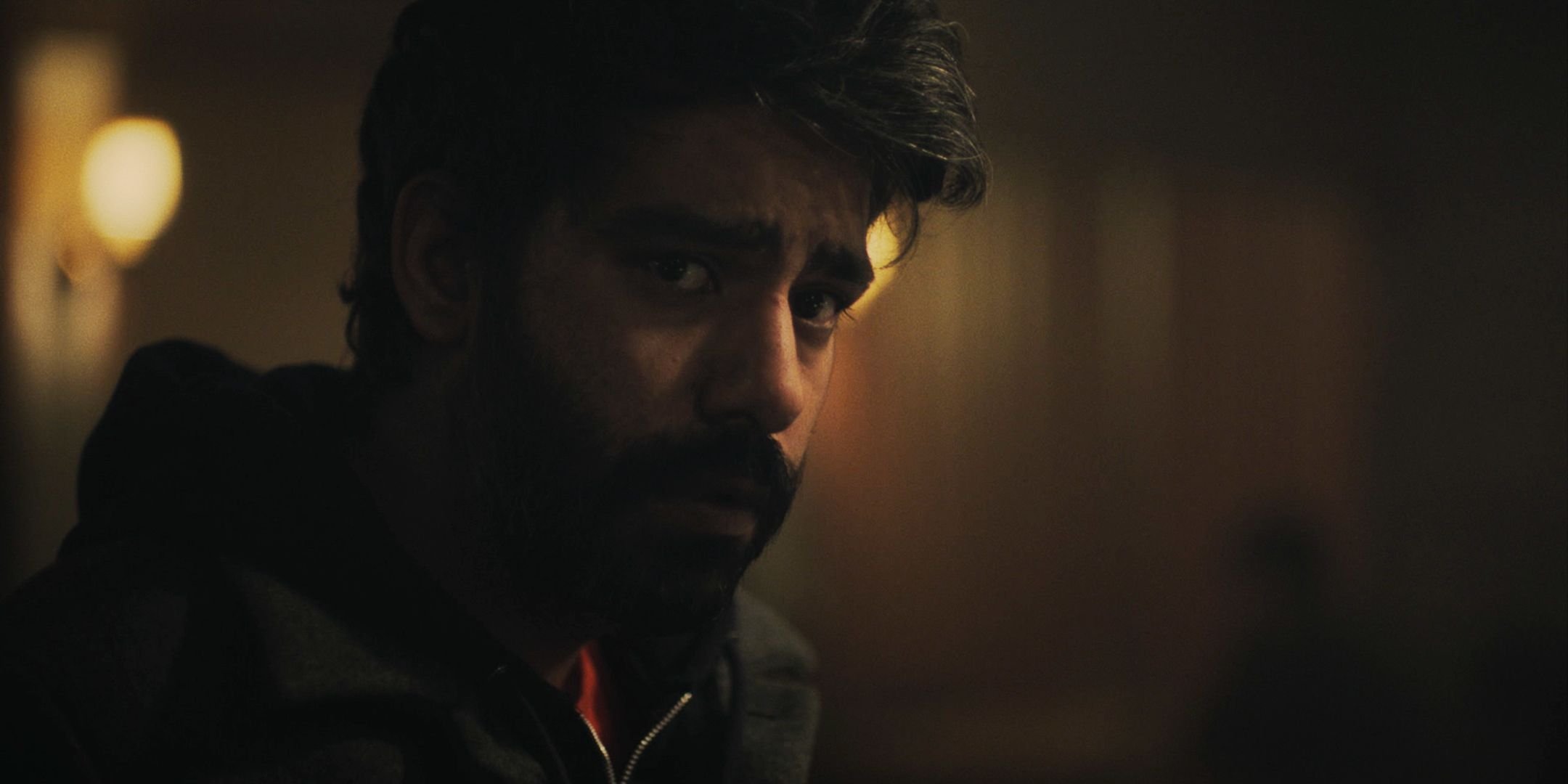Interview: Mali Elfman Pulls Back The Curtain On Death, Ghosts, And Her New Movie 'Next Exit'
Mali Elfman sits down to discuss her feature-length debut ‘Next Exit’, touching on her biggest movie inspirations, the struggles of first-time directing, and her thoughts on life after death.
Next Exit tells the gripping story of two lost souls forced to share the road as they journey to San Francisco in search of a scientific study that promises to offer its participants unrivaled knowledge on what happens after death - by putting it to the test. It’s a dark and bleak film, but Elfman’s poignant screenplay maintains an optimistic and often entertaining outlook on the whole situation, poetically exploring the purpose of life and the bonds that we form along the way.
Next Exit focuses pretty strongly on ghosts and the afterlife, and Elfman reveals that much of her life has been affected by the supernatural world: “I’m a believer in ghosts […] I’m what’s called a ‘sensitive’ I guess, so I’ve definitely had a lot of experiences. I grew up in a house that was notorious for a woman getting murdered and for being haunted.” The director went on to explain how her father (whom audiences will recognize as Danny Elfman, the composer behind films such as The Nightmare Before Christmas and Spider-Man) always “had shrunken heads and skeletons around” that helped her get used to the supernatural world at a pretty early age.
When asked about the film, Elfman was eager to explain that above all else, Next Exit is “a character study."" She explained that “there’s an element of sci-fi, there’s an element of supernatural, but really that’s all in the background of these two characters’ journey and the people that they meet along the way.” The film takes a close look at its two protagonists as they unearth deep-rooted traumas and secrets about each other, with much of the film commenting on the purpose of life and how mankind’s limited knowledge of death can be a serious source of discomfort for many people. “I can’t handle death,” admits Elfman. “I had a couple of deaths in my life of people that I was very close to, and it doesn’t make sense to me […] I had to create this world because this was the one that gave me the most hope.”
One of the clearest strengths of Elfman’s screenplay is her ability to understand humanity and present that effectively on the screen, and it turns out there’s a special reason for that: “The way that I started writing this was actually writing the backstories for Rose and Teddy […] In all of my prep work, they never met. I really knew who they were individually, so it was very fun to just throw them in a room together.”
Next Exit also mixes a lot of dark comedy into its bleak story, which gives the film a very unique atmosphere - often leaving the audience unsure if they’re supposed to laugh or cry. “I find it very hard to watch something that’s just completely serious and intense […] it kind of becomes too much all at once. I wanted to be earnest to those experiences but I really didn’t want to dwell on them.” And like any director, there were several films that inspired Elfman to capture this complicated tone: “There are so many. In Bruges is one of my favorite films of all time - I’m not at that level yet, but that’s a goal of mine. Another Earth was a big one for me, again it’s a character study but with a slight sci-fi background. Also, The Orphanage is probably one of my favorite ghost stories. Ultimately, Elfman sums up the central message of her directorial debut in four words: “What do you want? […] What is it that you are not doing and what is keeping you from doing that? Look at what scares you, and think maybe you can handle that.” It’s a powerful message that really shines throughout Next Exit’s emotional and moving story, leaving audiences with plenty of meaningful ideas to consider.




